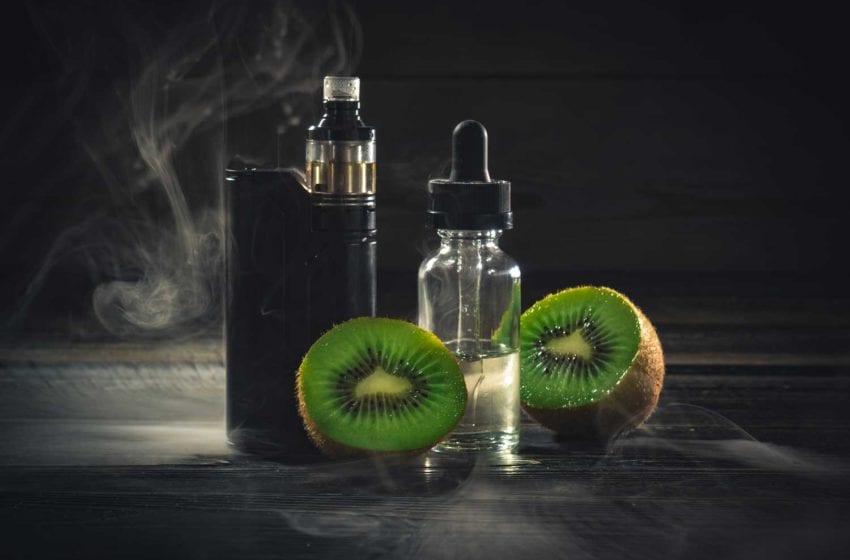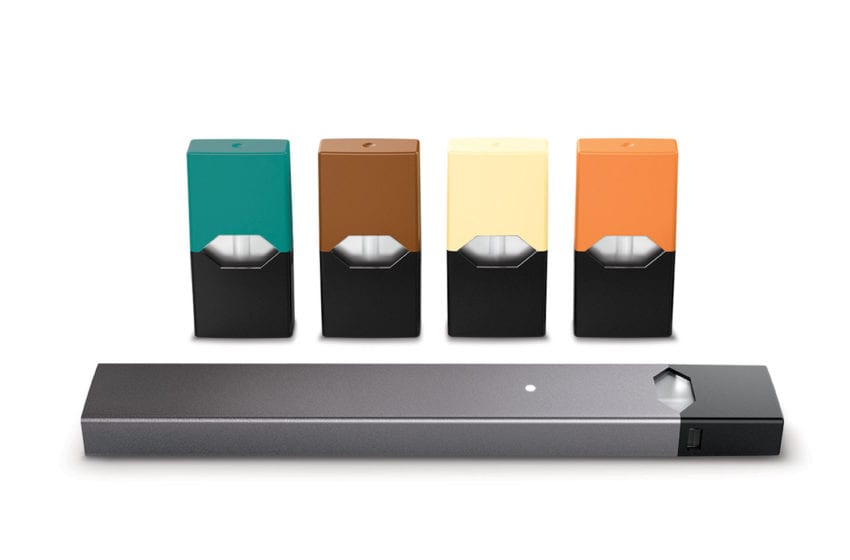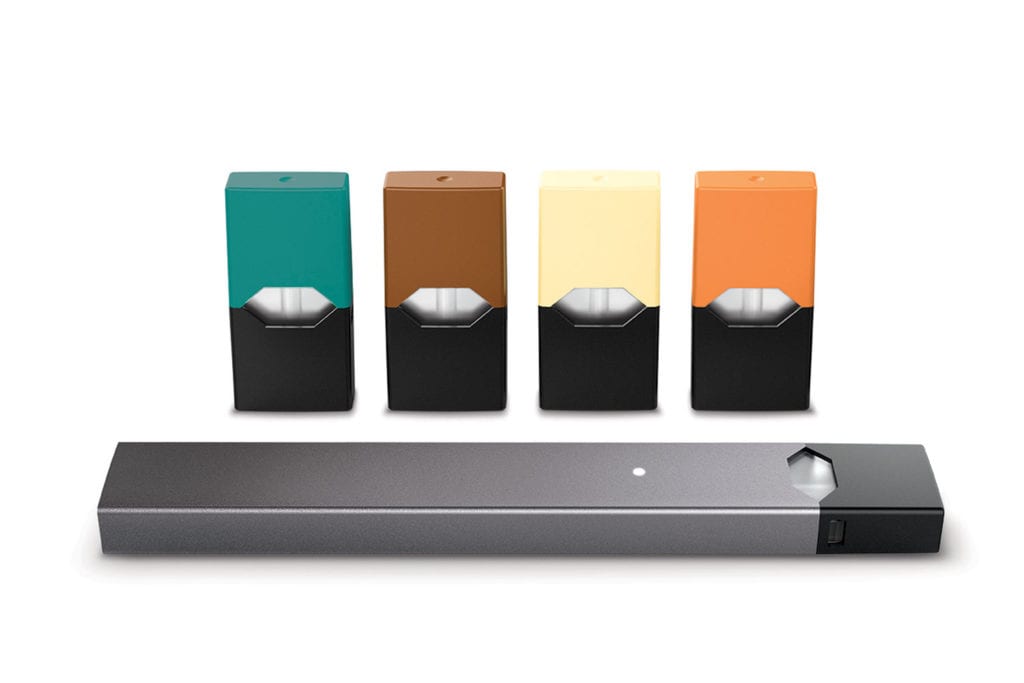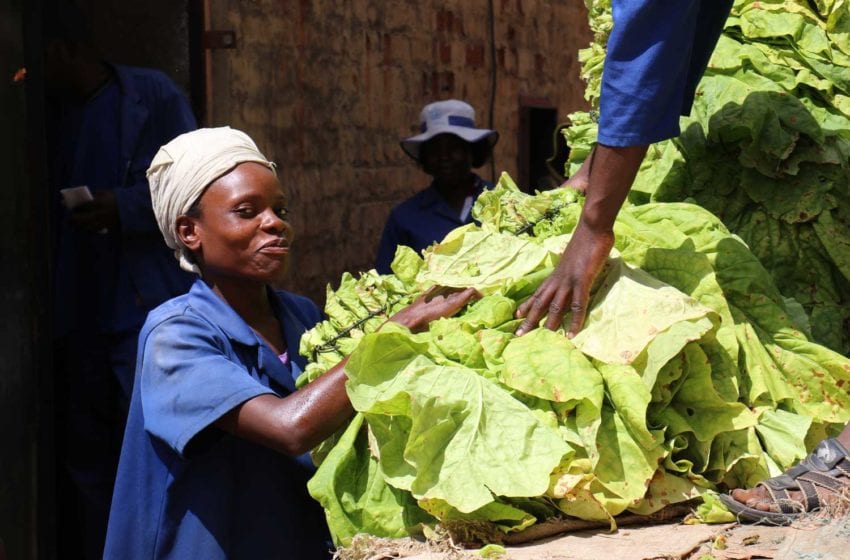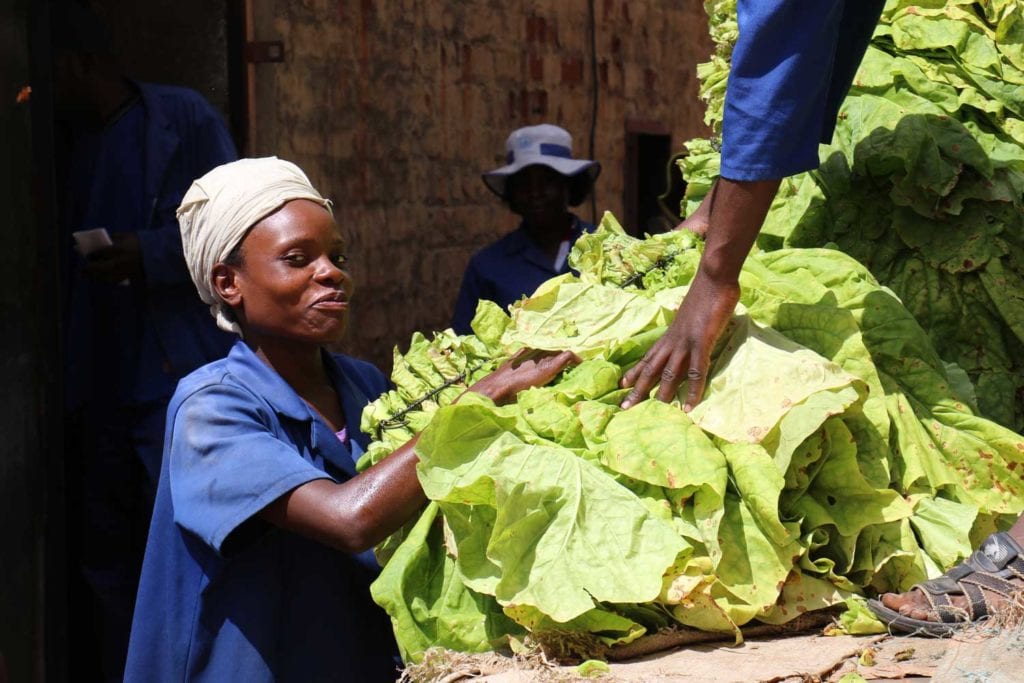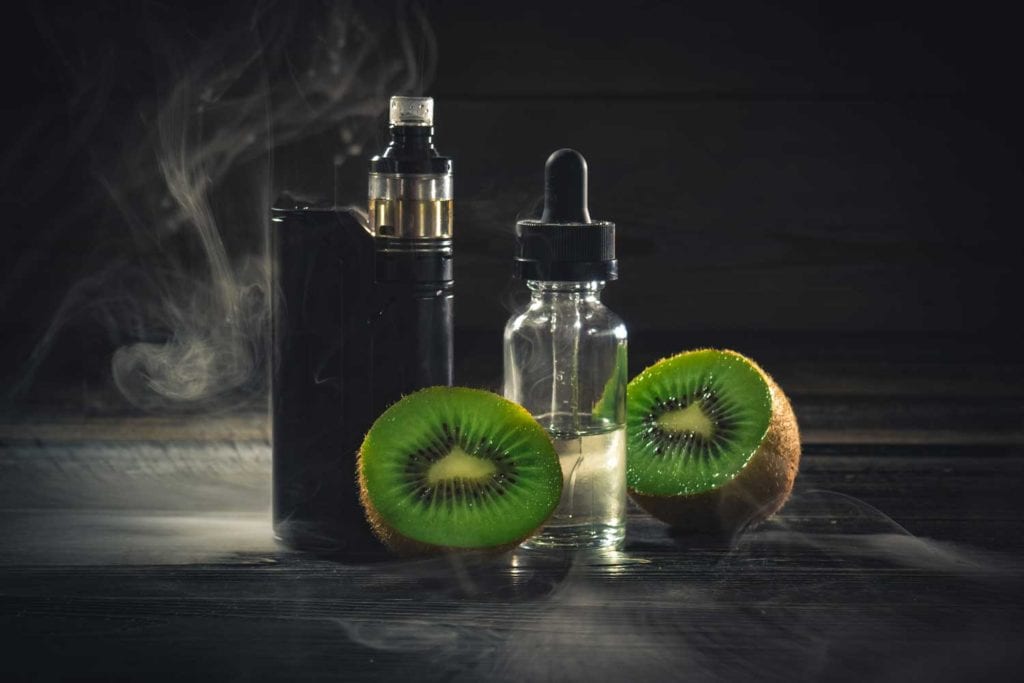
New Zealand will enact flavor restrictions and ban vapor product advertising in November, reports the New Zealand Herald.
The country’s House of Representatives passed the Smokefree Environments and Regulated Products Vaping Amendment Bill on Aug. 5—just before the final sitting day in this term of government.
Associate Health Minister Jenny Salesa promised to regulate the industry in November 2018 but didn’t introduced the bill until this year. She described the legislation as the most significant change to the Smokefree Act.
The new law will:
- Ban the sale of vaping products to those under the age of 18.
- Prohibit advertising the products and encouraging people to buy them in-store.
- Limit the sale of all flavors to specialist stores, including online retailers, with shops Like dairies, supermarkets and petrol stations restricted to mint, menthol and tobacco.
- Allow specialty stores to continue offering loyalty points and discounts.
- Ban vaping in cars with children.
- Enable all retailers to display products in-store.
- Provide a framework for regulations to be set where people can vape in or outside premises.
- Introduce a safety system which would allow the Ministry of Health to recall products, suspend them and issue warnings.
Critics said the new rules are too restrictive and could prompt people using vaping as a smoking-cessation tool to turn back to cigarettes.
“The vaping regulations rushed through under urgency are an absolute boon for the tobacco industry,” said Jordan Williams, spokesman of the New Zealand Taxpayers’ Union. “Decreasing the availability of appealing alternatives to cigarettes will keep disproportionately poor New Zealanders on the durries, paying a massive price in excise tax and devastating health outcomes.
“The range of appealing flavors is one of the key attractors for smokers transitioning off cigarettes,” he said. “When someone walks into a convenience store and is denied access to flavored vape liquid but can still buy their favorite cigarette brand, they’re at risk of falling off the wagon. And a complete ban on advertising for vaping products will prevent these brands from appealing to smokers to make the switch,” said Williams.

